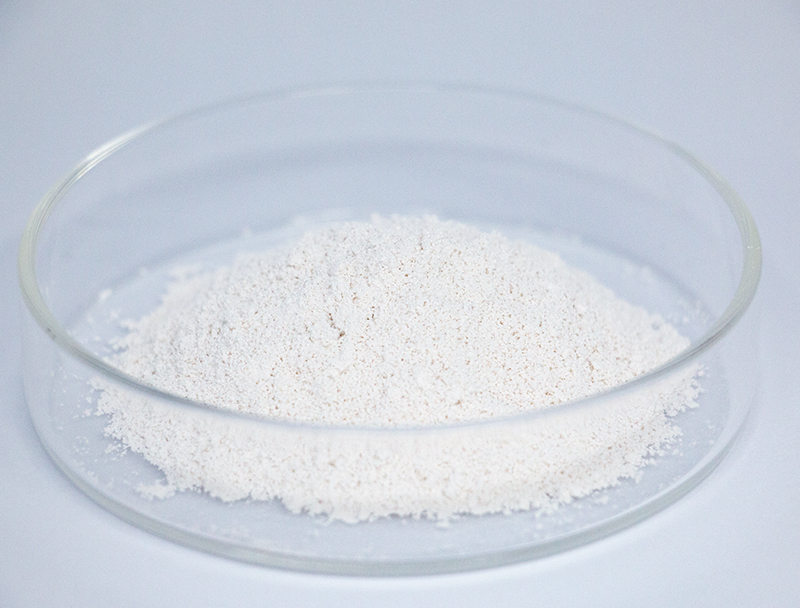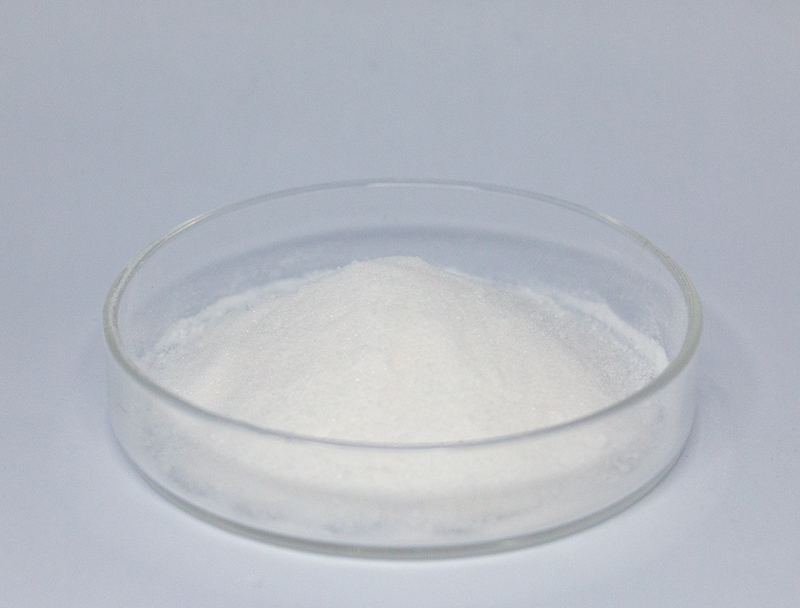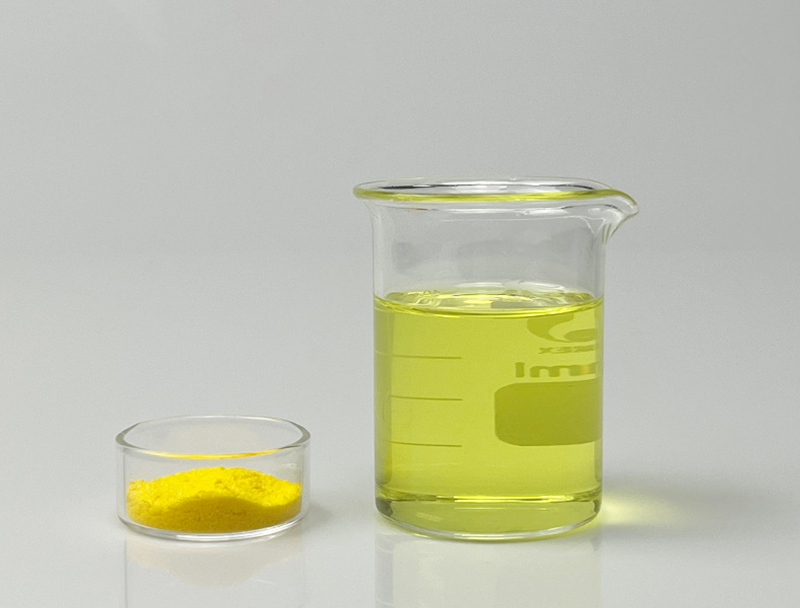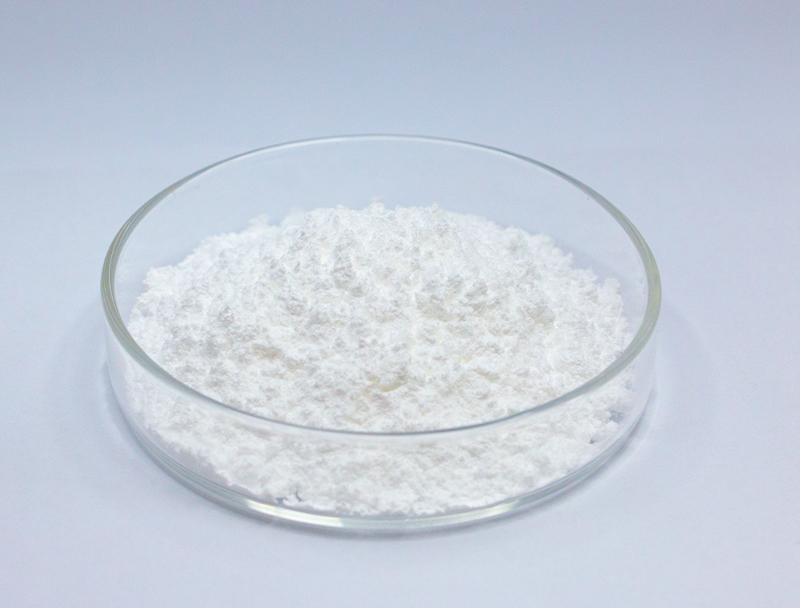
Cell-based production leans heavily upon a vast array of raw materials to manufacture advanced biological products.
Safeguarding the sustainable sourcing of these resources remains essential to industry resilience and responsible expansion.
several issues arising from typical material sourcing including environmental degradation and exploitation of natural resources. Therefore, producers should prioritize ethical sourcing models to curtail ecological damage.
- Situations demonstrating ethical sourcing encompass:
- Utilizing renewable feedstocks derived from agricultural byproducts
- Applying zero-waste frameworks to limit waste and optimize resource use
- Forging alliances with neighborhood suppliers supporting green sourcing
Adopting sustainable feedstock strategies yields environmental wins alongside fiscal sustainability.
Tuning Feedstock Characteristics for Higher Biofuel Efficiency
Optimizing biofuel yields depends strongly on feedstock quality and makeup. Scientists are constantly exploring novel strategies to optimize these feedstocks, yielding greater biofuel outputs and greener energy prospects. Methods encompass cellular engineering to augment biomass output and refining processes to liberate fermentable carbohydrates.
- Furthermore, teams search for alternative biomass sources including algal strains, industrial wastes, and crop leftovers to broaden sustainable feedstock options for fuels.
- Via sustained research the industry stands ready to accomplish considerable improvements that enable a greener energy transition.

Upstream Process Improvements for Modern Biopharma Production
involves foundational activities from cultivation to biomass harvest Recent progress has advanced techniques that maximize productivity and increase output.
Pivotal enhancements embrace high-performance cell lines, balanced media compositions, and intelligent reactor control systems. These changes expand productivity and help reduce both financial and environmental overhead.
- In addition, momentum toward nonstop processing offers improved flexibility and optimized operational flow.
- This move toward intelligent production systems is expected to reshape the industry and hasten drug development.

Genetic Engineering Innovations for Higher Therapeutic Yields
improvements in molecular editing platforms like CRISPR have updated therapeutic production processes. By accurate genomic tuning, developers enhance yields of critical biopharmaceuticals. Such strategies offer promise to create cost-effective, high-efficiency therapeutics across many disease areas.
Microbial Biotechnology as a Sustainable Cleanup Strategy
progressive microbe-based cleanup tactics that mitigate industrial pollution. Microorganisms possess the remarkable ability to degrade and transform harmful pollutants into less toxic substances.. Tapping into these capabilities enables green remediation tactics to restore ecosystems affected by industrial contamination.. Analysts explore microbial consortia for targeted removal of metal toxins, pesticide residues, and petroleum contaminants.. They can be integrated into bioreactor platforms or introduced in the field to stimulate microbial breakdown of hazardous compounds..
The use of microbial biotechnology in bioremediation offers several advantages over conventional methods. The approach tends to lower treatment costs and avoids producing toxic residuals. Likewise, microbial systems can selectively degrade contaminants while sparing the wider environment. The field is rapidly refining methods to make microbial remediation more efficient and broadly effective.
Digital Methods Accelerating Pharmaceutical Discovery
Computational biology approaches are becoming vital across contemporary drug R&D. By analyzing biological data to select and improve leads, computational methods support efficient drug development.
- Using extensive genomic, proteomic, and patient data, analysts discover targets and anticipate therapeutic performance.
- Additionally, simulation tools enable prediction of binding and activity, guiding creation of more potent drugs.
- In conclusion, computational biology reshapes discovery pipelines and speeds delivery of reliable treatments for patients.
Synthetic Biology Routes for Elevated Bioproduct Synthesis
uses diverse methods to increase biosynthesis of target bioproducts in organisms. Techniques span CRISPR-mediated edits to reshape pathways, synthetic control elements to fine-tune expression, and gene imports to grant new biosynthetic abilities.. Via targeted metabolic optimization researchers can meaningfully escalate production of desired biochemicals.
Such holistic engineering could impact many areas including medical therapeutics, agricultural outputs, and biofuel production.

Challenges and Opportunities in Scaling Up Biopharmaceutical Production
Moving from bench to commercial scale creates complex challenges and valuable opportunities. One major challenge is L-Carnosine maintaining consistent product quality at increased scales. This requires robust process control, precise monitoring, and sophisticated analytical techniques.

Additional complexity arises because biopharma production entails many coordinated stages.. Reengineering workflows for mass production involves rigorous R&D and inventive technology deployment.. However, the potential rewards are substantial. Successful industrialization can broaden availability, trim costs, and raise profitability.
Several projects are designed to mitigate these scaling barriers. They encompass new process-improvement tools, in-line analytics for continuous oversight, and creative manufacturing approaches.
- Development efforts are also playing a crucial role in advancing biopharmaceutical production capabilities.
- Regulators are adapting frameworks to speed authorization of novel manufacturing approaches and spur innovation.
Charting Regulatory Pathways for Biologics to Safeguard Patients
Creating biologic medicines requires strict regulatory controls to maintain both patient safety and therapeutic value. Therapies derived from biological organisms carry special considerations not typical of conventional pharmaceuticals.
Institutions such as the U.S. FDA and European EMA lead in formulating regulations and benchmarks for biologic approvals..
Robust assay and safety testing are obligatory from discovery through post-marketing surveillance.. Such safeguards are intended to detect hazards and ensure therapeutics adhere to top-tier safety benchmarks..
Moreover, oversight agencies continually refine approaches to align with accelerating scientific progress in therapeutics.. This includes embracing novel technologies and facilitating the development process while maintaining a commitment to patient well-being.

Plant-Origin Feedstocks in the Production of Bioplastics
The trend toward sustainability stimulates development of renewable material technologies. Plant-derived biomass as input for bioplastics represents a practical route toward greener materials. Sources like cornstarch, cellulose fibers, and sugarcane biomass can transform into compostable plastics that decompose and reduce pollution.
Similarly, selected bioplastics offer analogous properties to traditional plastics suitable for many applications.. Continued research and innovation in this field are crucial to unlocking the full potential of plant-based biomass feedstocks in the manufacture of sustainable bioplastics, paving the way for a circular economy.
This Emerging Impact on Public Health and Food Systems
Advanced biotech approaches can reshape healthcare delivery and enhance agricultural resilience. Via genetic modification, synthetic design, and therapeutic cell technologies, researchers build solutions to control infections, increase crop productivity, and enrich food quality.. Consider genetically enhanced crops that resist pests and environmental stresses to improve production and reduce pesticide reliance.. Furthermore, biotechnology supports creation of vaccines, therapeutic agents, and advanced diagnostics that strengthen responses to infectious threats and enhance health outcomes.. As research progresses, biotechnology holds immense promise for creating a healthier and more sustainable future for all.
